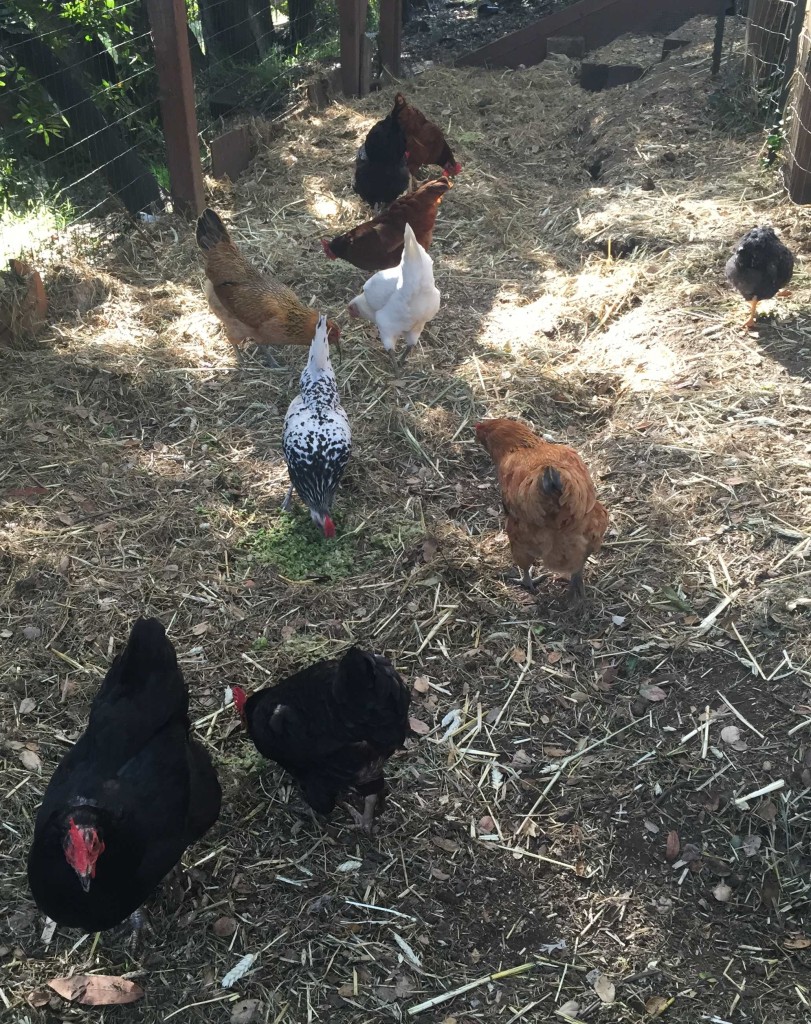 Last night I attended a marvelous talk by Rachel Tzvia Back, called “‘This Bequest of Wings’ on Teaching Poetry in a Region of Conflict.” It was one of a series of lectures sponsored by Ray Lifchez in memory of his wife Judith (more about her later). Ms. Bach ia a vivid, insightful presenter with a beautiful speaking voice (you can hear her here).
Last night I attended a marvelous talk by Rachel Tzvia Back, called “‘This Bequest of Wings’ on Teaching Poetry in a Region of Conflict.” It was one of a series of lectures sponsored by Ray Lifchez in memory of his wife Judith (more about her later). Ms. Bach ia a vivid, insightful presenter with a beautiful speaking voice (you can hear her here).
She started with the question, what use is poetry in an environment of conflict. She said that her world, contemporary Israel, if filled with militaristic, politicized rhectoric. Racism, alienation, hatred of “the other,” are common. She teaches an introduction to poetry course in the English department that is compulsory and includes Christians, Druze, Muslim, Jewish and secular students who range in age from 18 to early 40s. In this somewhat hostile atmosphere–the students have to take the course–she starts with a poem by William Carlos Williams, “To Daphne and Virginia”:
Be Patient that I address you in a poem,
there is no other
fit medium
The mind
lives there. It is uncertain,
can trick us and leave us
agonized. But for resources
what can equal it?
There is nothing. We
should be lost
without its wings to
fly off upon . . . .






